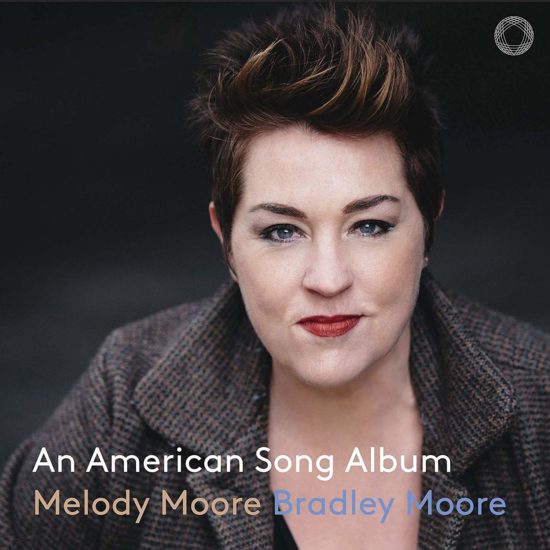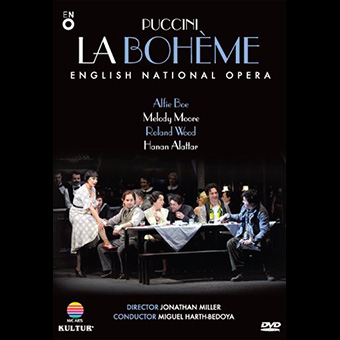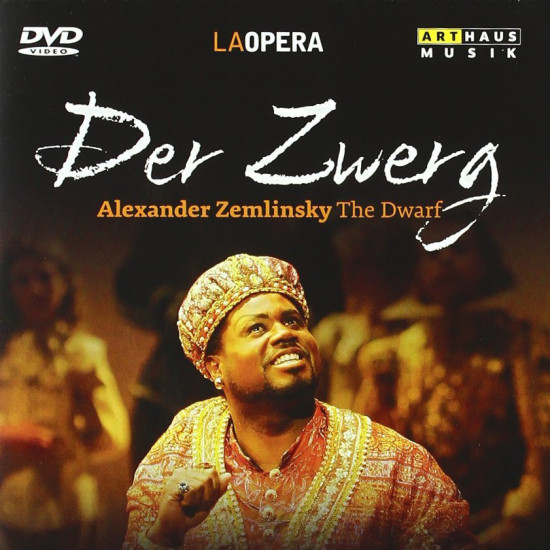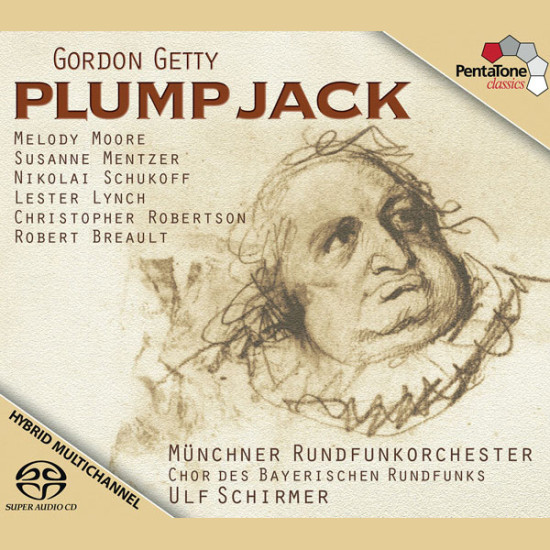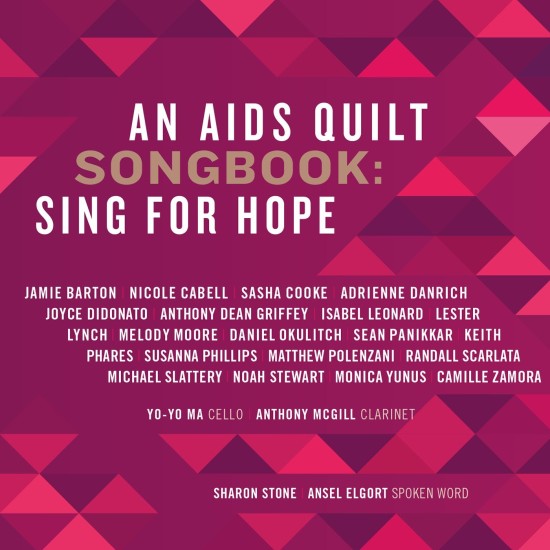Album cover photo by Jiyang Chen
Diverse, but unmistakably American, An American Song Album is a fine collection of songs by American composers, presented by soprano Melody Moore. The repertoire includes Samuel Barber’s introspective Hermit Songs, Jake Heggie’s engaged cycles These Strangers and How Well I Knew the Light, Carlisle Floyd’s exploration of motherhood in The Mystery, Copland’s impressionist and oriental Four Early Songs, as well as a varied selection from Gordon Getty’s vocal works. Set to Irish, Welsh, Chilean, German, Arabic and Afro-American poetry, these pieces constitute a panorama of the US as a melting pot of cultures, while simultaneously being bound together by an unmistakably American sound. Melody Moore manages to lift out the poetry of these works with her warm, lyrical voice and impeccable vocal technique. She is accompanied on the piano by Bradley Moore, one of the most eminent conductors and song accompanists of today’s American musical scene.
With her first solo album, Melody Moore continues her PENTATONE discography that already features recordings of leading roles in Gordon Getty’s Plump Jack (2012) and The Little Match Girl (2015), as well as Desdemona in Verdi’s Otello (2017).
Critical acclaim
“This recording is a calling card for a genuinely exciting and electric voice, solidly gleaming, with the high range of a soprano but fleshed out with dark, mezzo-ish colours and with its voluptuous richness focused into singing of striking directness and clarity.”
“Melody Moore’s ‘An American Song Album’ feels personal and custom-made for her ample lirico spinto instrument. And that’s always a good place to start. She can thunder darkly, she can float, she can spin – she has the full expressive armoury. But, more importantly, the choices here plainly mean something to her and there’s no mistaking the high level of engagement that sets the best of them apart.”
“This debut solo recital the American spinto soprano is an absolute joy: sensitively captured by Pentatone’s engineers, Moore’s big, bright voice can do everything, from exquisitely-controlled pianissimo high notes (try the end of the third Hermit Song) to the full-throttle climax of Floyd’s At Dawn. She’s the warmest, most natural of communicators, and her diction’s a model of clarity throughout her wide range.”
“There’s yet another attractive variety showcase in Getty’s setting of Three Welsh Songs. Moore virtually warbles in resonance with the avian spirit of “Welcome Robin,” then turns ticklish in the doggerel of “Kind Old Man,” enhancing the humor and flexing her vocal range by at one point singing an octave below the written melody. Moore’s lyric soprano is enchantingly experienced on the familiar “All Through the Night,” to which Getty brings a fresh arrangement and some of his own words, and on which Moore works a different interpretation in each of the three verses.
In the closing pair of Getty settings, Moore draws on early personal exposure to church music for an understated but elegant reading of the spiritual “Deep River,” and then renders his questing, loving, and rather surprising send-up of “Danny Boy.” The listener is left with a rare takeaway of a personal encounter with a genuine and credible performer.”
“Soprano Melody Moore catches perfectly the mood of each one, with deft accompaniments from Bradley Moore […] These Strangers includes a brilliant version of Martin Niemöller’s alarmingly pertinent “I Did Not Speak Out”, and How Well I Knew the Light sets texts by Emily Dickinson. This is a technical as well as an artistic triumph, the balance between singer and pianist near-perfect. Full texts are provided, though Moore sings so clearly that you probably won’t need to refer to them. ”
“Anyone who heard 2017’s Otello on Pentatone with a luminous Melody Moore as Desdemona will have been waiting impatiently for the American soprano’s debut solo album. Now she delivers – and how – with an all-American program that shows off a voice of startling beauty and power. Moore’s lirico-spinto soprano spreads thick as clotted cream. Pianissimos and fortissimo climaxes are all cushioned on this seemingly bottomless pillow of sound, which overflows generously into the ear. But it’s the blade at the heart of it all that chars the edges of the tone and gives this instrument real interest.”
Limelight Magazine
